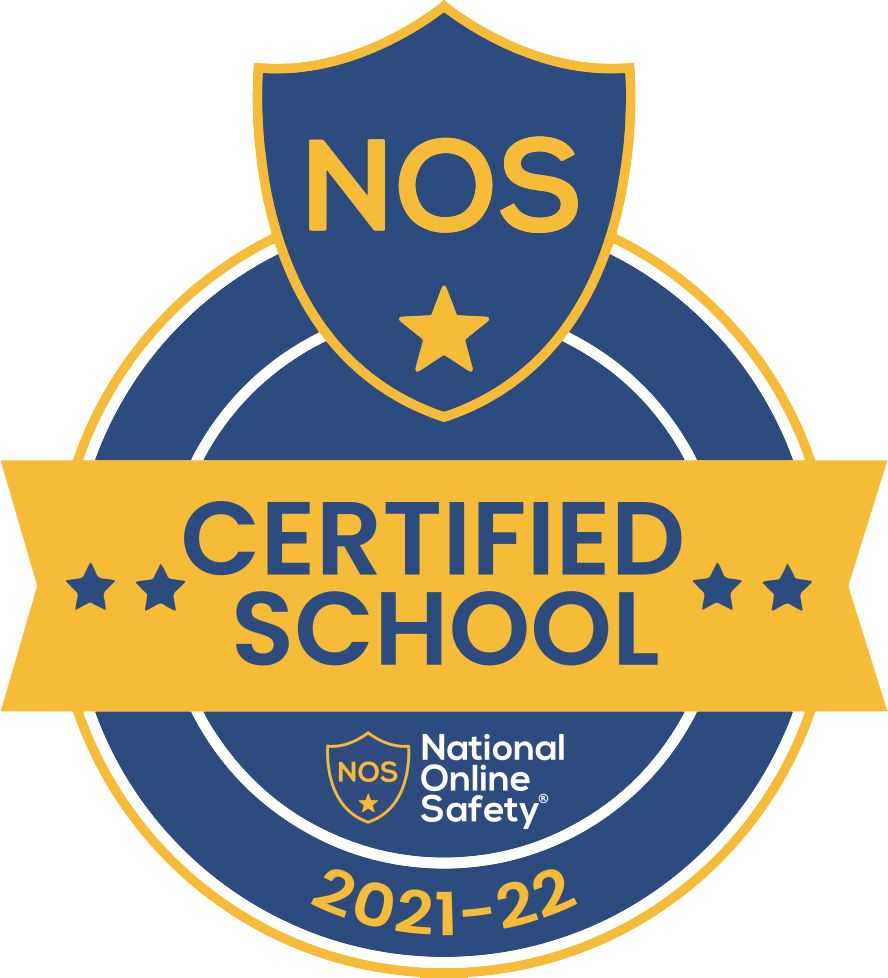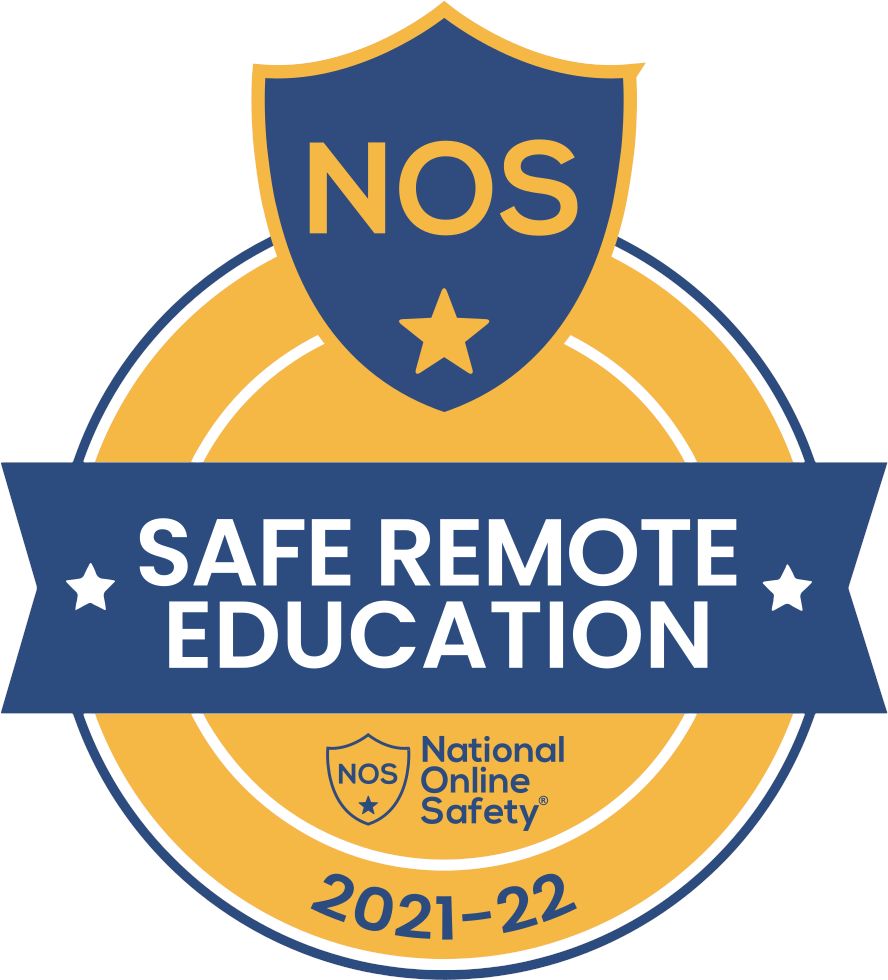Geography
Geography subject Intent:
Our intent is comprised of the following 3 sections:
- Our vision for the subject/faculty and the purpose it serves for our pupils
- Defining what the key concepts and core domains of knowledge are, that pupils will learn about
- The end points our curriculum is working towards
Our vision
- Aspiration –to expose students to potential Career opportunities involved with Geography related to lessons taught. To offer a range of Aspirations linked to the Geography of the UK and the world. We provide opportunities for students to articulate their opinions via ‘Talking Points’ so that they can gain confidence to stress their ideas appropriately.
- Core knowledge – students are taught about a variety of human and physical geography topics with a focus on Africa and Asia Year 7. These include Geological History, Development, Hazards, Population and Rivers. In Year 8 they learn about Resources, Coasts, Climate Change, Urbanisation and Glaciation. There is focus on UK and The Middle East. At KS4 students follow AQA and learn Understanding Landscapes, Hazards and The Living World as part of physical Geography. The human Geography topics are The Changing Economic World, Resource Management and Urban Challenges. At KS5 students are taught Population and The Environment, Changing Places, Global Governance, Hazards, Water and Carbon Cycles and Coastal Systems.
- Procedural/Powerful knowledge –Geography should establish a connection between people and place. Students are taught topics to engage them with specific issues facing past and future generations. The issues are explored through causes, effects and solutions. Students are encouraged to be inquisitive and work to solve problems. Geography aims to create a connection between students and their local and global environment. Pupils will learn about global interdependence and key geographical processes. Students are encouraged to evaluate global issues and consider diverse perspectives and consider the significance of these issues on them as individuals.
- Developing cultural capital –Fieldwork is an integral part of Geography and gives students a practical experience across the classroom. Experiencing Geography outside the classroom is important on a local scale, around the academy, and further afield. Students have to opportunity to visit a coastal location and a city to conduct fieldwork, which can enhance classroom knowledge. Potential for future trips include Cadbury World, a rainforest biome and a residential to the coast.
- character – enabling our students to RISE. our Core Values of:
- Respect- Geography teaches students to respect other peoples views when debating global issues. It also teaches students about diversity within the population and respecting culture and diversity.
- Independence- Geography teaches students the skills of independent research, the excitement of a student discovering information for themselves and sharing this with the class.
- Service- Geography teaches about the management of community in response to effects caused by events. Students can see the importance of service to the community and its value on a global and local scale.
- Empathy- Geography looks at evaluation of issues and requires students to consider the viewpoints of multiple players involved in an issue. Students need to empathise with different
people placing themselves in the ‘shoes of others’ This is taught throughout our curriculum.
- Identifying and addressing context specific need – Our pupils are all unique and valued members of our community. The Geography curriculum is scaffolded to allow each student to thrive and achieve. Students with specific needs are supported through a variety of methods from support in lessons to financial help for trips.
.
- Learning is sequential – The Geography curriculum is sequenced to allow student’s knowledge and understanding to grow and build on prior knowledge. Students are taught using DNA’s to recall knowledge. Students are taught with retrieval tasks to ensure that their knowledge builds and avoids cognitive overload.
Our key concepts and core domains of knowledge
At Key Stage 3, learners will experience a broad a rich curriculum comprising:
Year 7
- Wonders of the world
- Geological history
- Development
- Africa
- Asia
- Hazards
- Rivers
Year 8
- Natural resources
- Coasts
- UK
- Urbanisation
- The middle east
- Weather and climate
- Glaciation
Year 9
- Climate change
- South America
- Ecotourism
- Migration
- Environmental issues
- Ecosystems
At Key Stage 4, learners will study GCSE in Geography. Over the life of the course, learners will study:
- Changing economic world
- Urban challenges
- Recourse management
- Hazards
- The living world
- Understanding Landscapes (Rivers/Coasts)
At Key Stage 5, learners will study A Level History. Over the life of the course, learners will study:
- Population and the environment
- Changing places
- Global governance
- Coastal systems
- Water and carbon cycle
- Hazards
The end points of our curriculum
By the end of each year our learners will be able to:
|
Year 7 |
Year 8 |
Year 9 |
Year 10 |
Year 11 |
Year 12 |
Year 13 |
|
-Students will be able to develop their cartographical skills, be able to understand geographical time scales and how this links to tectonic hazards. They will be able to apply knowledge on population and development to Africa and Asia and describe fluvial processes using a range of case studies.
-Students will be able to describe a range of phenomena in human and physical geography, describe graphs, explain geographical processes and evaluate geographical issues.
- Understand the place of Geography in culture within the UK and the wider world. Be able to reflect on how geographical issues are influenced by different players.
- Experience ‘awe and wonder’ at the topics they learn about. They will be able to construct an understanding of place and how they fit into the world as global citizens. They will learn through place the significance of challenges facing the planet.
|
- Explain coastal processes in detail. Evaluate landscape management processes and be able to make decisions on sustainable management techniques.
- Students will be able to apply development, resource management and climate knowledge to the UK and Russia and the Middle East.
-Students will be able to describe and explain a range of phenomena in human and physical geography, describe graphs, explain geographical processes and evaluate geographical issues.
- Understand the place of Geography in culture within the UK and the wider world. Be able to reflect on how geographical issues are influenced by different players |
- Understand the value of our living world with focus on small scale ecosystems, rainforests and cold environments. Focusing on opportunities and challenges within two case studies. Build up on the core concept of sustainability and management of environments and evaluating the degree their success.
Students will develop decision making skills with DME exercises and further develop their fieldwork skills.
Students will also explore the continent of South America and consolidate learning over the KS3 course.
Students will begin to form and understanding of the geographical investigation process that will be conducted around the academy. (A04) |
- Explain coastal processes in detail. Evaluate coastal management processes and be able to make decisions on coastal defences at areas of the coast.
- Students revisit hazards with focus on tectonic and weather hazards. This is explored through a range of case studies: Italy, Nepal, Haiyan and Cumbria. Building upon the key ideas of immediate and long-term impacts and responses the hazards.
- Understand global development pattern and the reason for this focusing on LIC/NEE and HIC countries. Begin to study Nigeria as a NEE and the factors effecting the countries development. Look at a series of measure that can reduce the development gap and evaluating their success. Study the UK and the changing economy.
-Students study the concept of urbanisation. Explain and suggest causes for key urban processes. Understand the difference between urban processes in an NEE (Nigeria) and a HIC (UK). Students can analyse the success of urban planning projects which have been used to solve urban challenges. -Fieldwork will be undertaken as instructed by the exam board. Students will study the process of a geographical investigation in both a human and physical geography context. Students will collect their own primary data and evaluate their own fieldwork process. (A04)
- Build upon their KS3 knowledge Core Knowledge and key concepts to answer exam style questions and understand key concepts such as opportunities and challenges. Build on their ability to evaluate and articulate their evaluation in longer writing answers. Describe a variety of maps and graphs. |
- Study resource management with a focus on energy in the UK and food as a resource.
- Explain fluvial processes in detail. Evaluate fluvial management processes and be able to make decisions on flood defences along UK rivers.
Further embedding the skills of AO1 knowledge, AO2 understanding, AO3 evaluation and justification, AO4 geographical skills. Express themselves using specific technical language. Be able to formulate an argument which is substantiated with evidence. Be able to analyse and evaluate a variety of geographical concepts. - Foster a lifelong love of Geography. Have the desire to learn more about the place where they live, places they visit and people they meet as well as understand geographical concepts in the wider world and how geography has influenced these.
- Build upon their KS3 knowledge Core Knowledge and key concepts to answer exam style questions and understand key concepts such as opportunities and challenges. Build on their ability to evaluate and articulate their evaluation in longer writing answers. Describe a variety of maps and graphs.
|
- Understand how place are changing and how this influences human connection. Focusing in-depth on representations of place in New York City and Corby. Students will evaluate the influential factors on place and analyse complex graphs and maps. This will build on GCSE describe skills.
-Understand interdependence of population and environment. Beginning to look at agricultural systems and resources which leads to a judgement on carrying capacity. Student will research population theory and make predictions of their own, developing their justification skills.
- Understand the water and carbon cycle. Explaining key physical geography processes and analysing a variety of map and graph material. Evaluating external factors influencing physical processes within the water and carbon cycle.
- Further developing AO1 and AO2 from KS4. Developing further independence and the ability to write like a geographer.
- Revisiting fieldwork skills and working towards starting the NEA which is research using primary data sources, involving evaluations on methods and findings. Further development of A04 at GCSE.
|
- Hazards with focus on the lithosphere and the atmosphere, which intermittently but regularly present natural hazards to human populations. Explain fires in nature, storm hazards, seismic hazards, volcanic hazards and plate tectonics. -Building upon knowledge of costal process studied as part of the GCSE. Increased focus on international coastlines and the impacts of climate change on the coast. Sustainability will be linked to coastal management. Students will engage with a wide range of quantitative and qualitive data. - Understand the influence of governments and other organisations on politics, decision making and global development. Discover the interconnectedness of multiple human geography concepts, further developing evaluation and justification skills.
- Further develop AO1, AO2 from year 12 and learn the skills of AO3 for A Level geography.
- KS5 students will have the skills to grapple with a range cartographical and geographical data to enhance their evaluation and analysis skills. Students will be able to make their own interpretations, be able to formulate their own questions, research as a scholar, draw conclusions from evidence and make a substantiated judgement about a range of geographical concepts.
|







